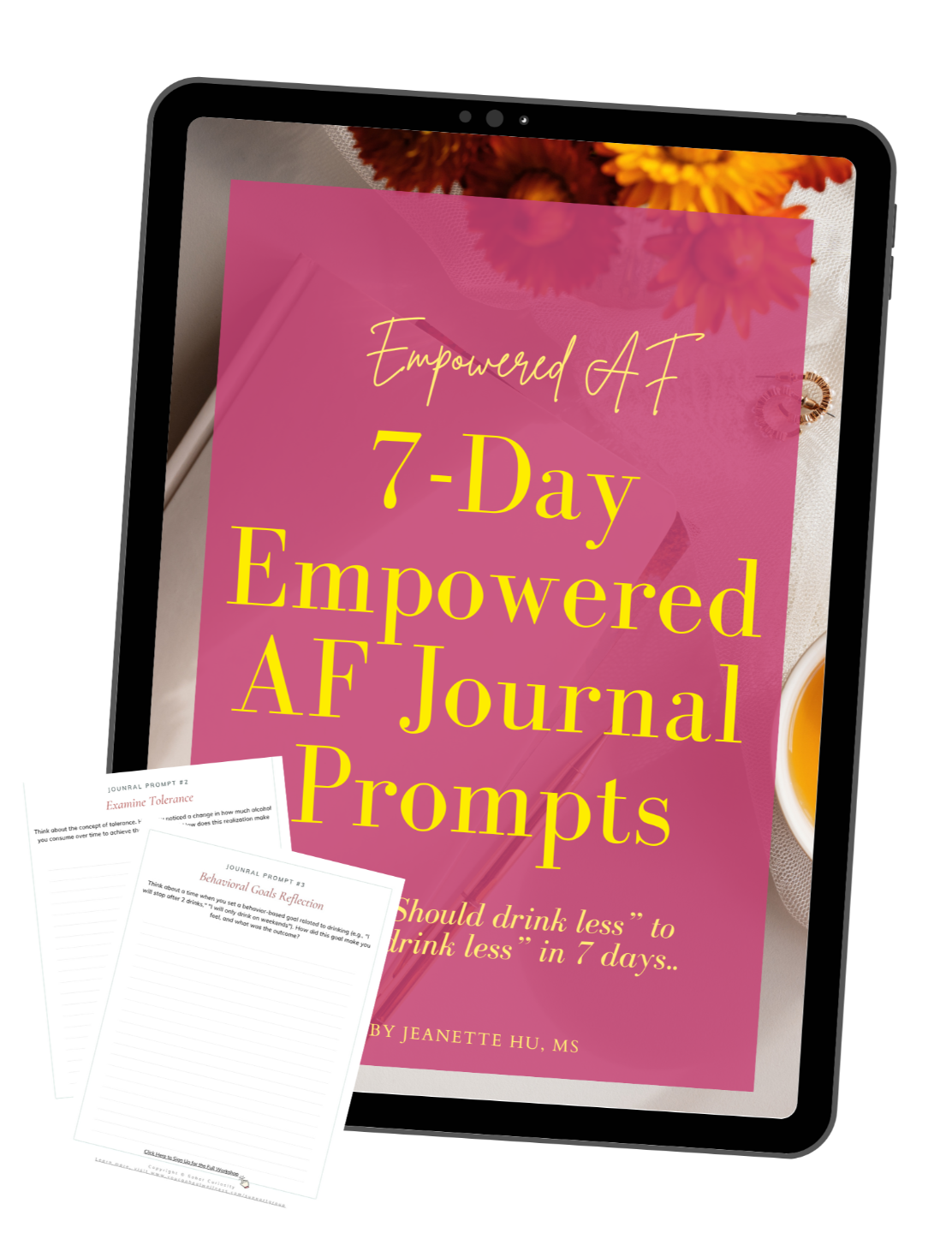Vol. 37 When the built-in alarm meets the anxiety fuel
If you struggle with social anxiety, you know the painful feelings of…
… your brain already spinning before you even arrive: “What if I don’t know anyone?” “What if I say something dumb?”
… walking into a party and feeling like every eyeball is on you, even if that’s not true.
… rehearsing an opening line in your head for the 10th time, but still not finding the courage to speak.
Social anxiety is painfully uncomfortable—sometimes even debilitating.
But did you know that a small amount of social anxiety is actually helpful for us?
Humans are social animals.
For a very long time in our evolutionary history, staying in good standing with others in the group was essential for survival.
Social anxiety, although uncomfortable, stems from the awareness to think before acting. It’s designed to keep us in line to avoid being banished from the group—because without the tribe, there was no food, no shelter, and no protection from hungry tigers.
The sweaty palms, pounding heart, and hyper self-awareness are your built-in alarm system, telling you to pay attention and stay alert in a new situation.
It’s healthy and protective.
Once your brain learns the situation is safe, the inner alarm eventually quiets down. And over time, the alarm becomes less and less active in similar situations.
However, there’s one sure way to keep the alarm going—even intensifying over time: Avoidance.
(In my next email, I’ll spill the beans on how avoidance fuels anxiety.)
When it comes to the social-anxiety drinking loop, while alcohol might not directly intensify social anxiety, over time it acts as a form of avoidance—and that avoidance fuels the anxiety cycle.
More soon,
Jeanette

